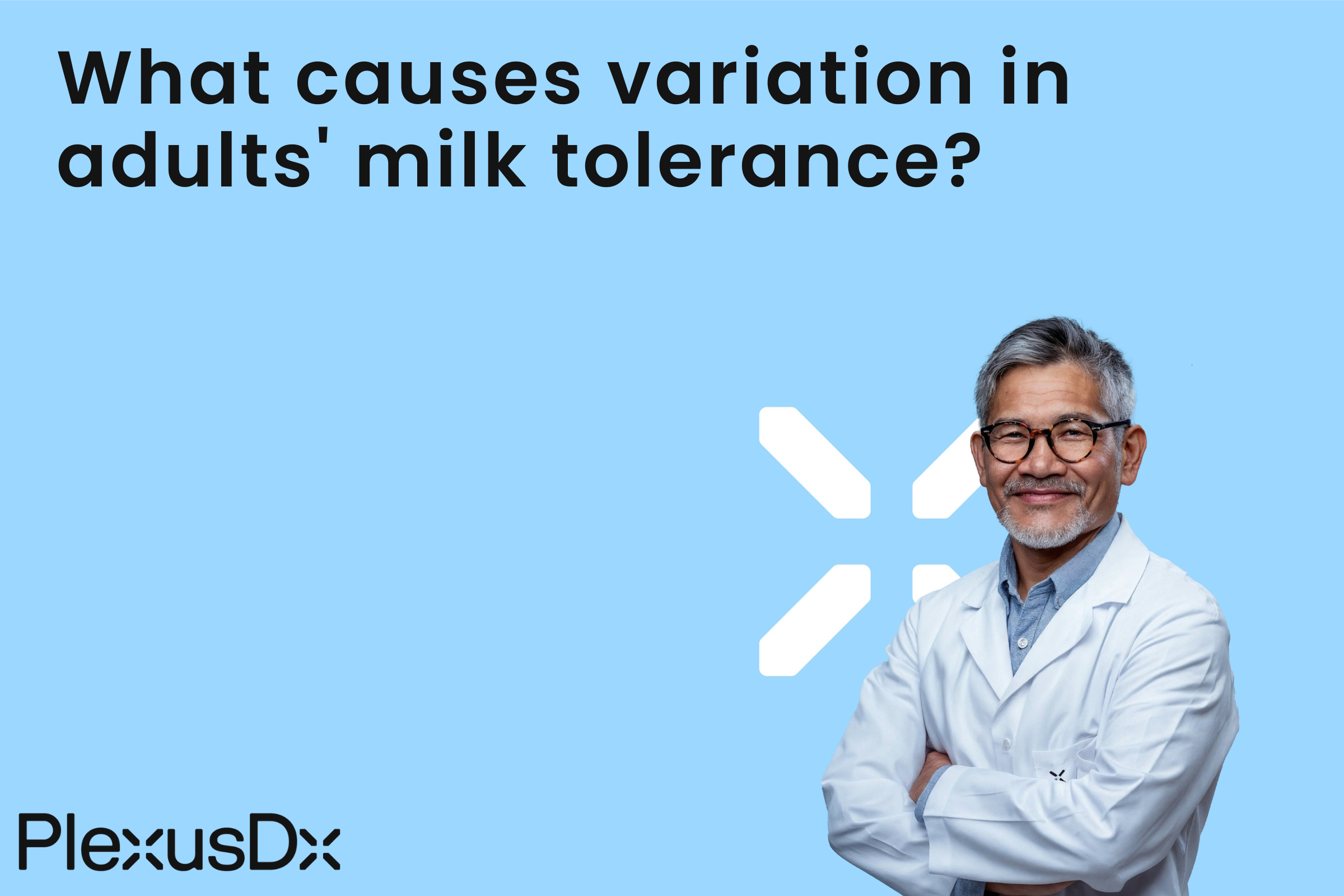Unlocking the Mystery of Lactose Intolerance
What leads to differences among adults where some people can consume milk without problems but others cannot? Why do some people drink milk without problems but others feel sick from dairy foods? A fascinating genetic trait known as lactose intolerance holds the key to understanding why only some adults can drink milk without problems. We will investigate lactose intolerance to understand how it began and how widespread it is as well as how it affects individuals across the globe.
Understanding Lactose Intolerance
People with lactose intolerance cannot digest lactose because their bodies lack the necessary enzymes to process this dairy sugar. The body needs the enzyme lactase to digest lactose correctly. The ability to produce lactase declines as people become older which results in many people developing lactose digestion problems. Scientific studies indicate that lactose intolerance occurs widely among humans and affects about 70% of people worldwide as they reach adulthood.
Genetic Factors and Lactose Tolerance
Early human populations demonstrated lactose intolerance because our ancestors did not have the necessary ability to digest lactose. Certain populations developed genetic mutations over time which enabled them to continue producing lactase beyond childhood. Genetic mutations that allowed lactose digestion continued into adulthood became common in European populations and gave individuals a survival edge in dairy-based environments.
Symptoms and Management
When people who have lactose intolerance ingest dairy products they can develop symptoms such as diarrhea along with stomach cramps nausea bloating and gas. Even though symptom severity differs among individuals lactose intolerant people often eliminate dairy from their diet to avoid discomfort. People who do not consume dairy products need to find other calcium-rich foods to maintain strong bones. Leafy green vegetables along with canned fish and almonds provide important calcium sources which eliminate the necessity of consuming dairy products.
Genetic Insights and Personalized Health
Research has revealed specific genetic variants such as rs4988235 'A' near the LCT gene which maintain lactase production into adulthood. People with this genetic variant demonstrate improved lactose tolerance which reveals how genetics influence the ability to digest lactose. While genetics play a major role in lactose tolerance the response to dairy products depends on diet, gut microbiota composition, and existing health conditions. Take control of your health with Precision Testing to understand your genetic connection to lactose intolerance through PlexusDx's Precision Health & Wellness tests.
Conclusion
The study of lactose intolerance reveals the complex interactions that exist between genetic factors and dietary choices which affect health outcomes. Combining personalized health approaches with genetic data allows people to manage their dietary needs effectively while customizing their nutrition for maximum health benefits. Your path to improved health begins by exploring Precision Health & Wellness tests from PlexusDx at PlexusDx.com and both Amazon and Walmart. Explore your genetic information to discover secrets that will lead you toward improved well-being. Gain access to your genetic insights through PlexusDx now!

Share:
Why do some people bloat after salty foods while others don't?
How does genetics influence nail biting behavior?